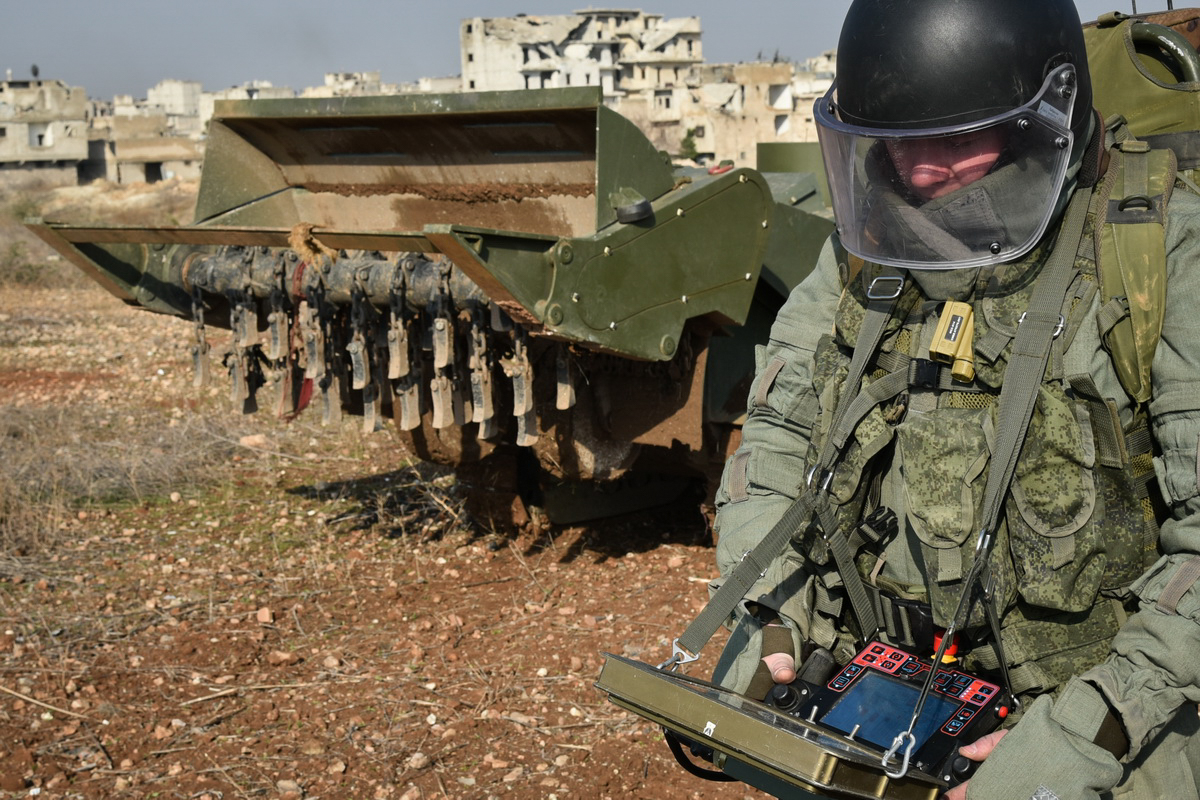ANKARA (Parliament Politics Magazine ) – Leading observers believe that Russia’s departure of tens of thousands of troops from Syria to boost its forces in Ukraine may represent a turning point in the Syrian conflict, triggering a race between Ankara and Tehran to fill the hole left by Moscow in the nation.
Russia, Turkey and Iran are guarantor countries in the Astana talks on Syria, which attempt to bring warring parties together in order to broker a durable peace settlement.
However, Russia has served as a balancing power in this trio, preventing Iranian-backed militias from entrenching themselves uncontrollably.
However, it is thought that abandoned Russian outposts have been passed to Iran’s paramilitary Revolutionary Guards Corps and Hezbollah, and that Tehran would send additional forces into Syria to fill the void that Ukraine-bound Russian military personnel left behind.
Luna Chebel, a prominent adviser to Syrian President Bashar Assad, told the BBC in early April that Iranian forces’ support and skills are welcome, implying that Iran may gain more clout in Syria.
Iran is thought to have formed a new militia, similar to its elite forces, to take over the tasks previously performed by Russian personnel. Hezbollah and the IRGC dominate the new army, which is collecting drones, ballistic missiles and chemical weapons.
In the Syrian crisis, Tehran and Ankara support opposing sides, with Turkey supporting the Syrian rebels and Iran supporting the Assad regime.
Ankara’s decision under the Montreux Convention to prohibit the use of Turkish straits by Russian warships deployed in the Black Sea has hindered Russia’s naval supply of its forces in Syria in recent months.
However, according to Mehmet Emin Cengiz, a research fellow at Al-Sharq Strategic Research, Russia is unlikely to leave Syria.
Russia had made a significant investment in Syria over the years, and Russia and Iran had long competed for influence in Syria. Even if Russia relocated or withdrew part of its troops from Syria, it would not leave the field completely to Iran, he told Arab News.
Cengiz argues that because the Ukraine crisis has allowed Iran to fill some of the holes Russia left in Syria, the regime’s reliance on Iran will certainly grow.
Contacts between Iranian and Syrian officials escalated following the Ukraine crisis. Bashar Assad recently paid a visit to Tehran. In the face of a grave economic crisis in Syria, he may obtain financial assistance from Tehran, according to Cengiz.
According to Aron Lund, a fellow at the Century Foundation in New York, the Ukraine war has shifted the balance of power between Turkey and Russia in Turkey’s favour, which could have ramifications for Syria.
It could destabilise a long-frozen situation, he told Arab News, but it wouldn’t inevitably lead to further bloodshed.
Russia might be able to block gains by Turkey-backed forces in Syria even under pressure in Ukraine, and Turkey might still want Russia’s help to achieve its own interests, he added.
Lund argues that both governments can trade concessions and favours in Idlib without surrendering territory or fighting.





